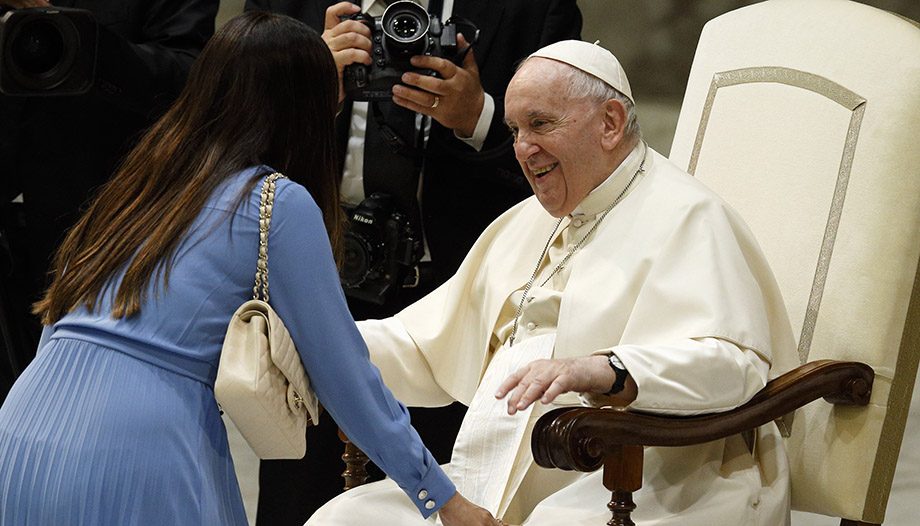The logic of polarized discourse tends to employ a contrasting language through which a world divided into two irreconcilable principles is configured: conservative and conservative-conservative. versus progressive, right versus left, traditionalist versus liberal, they versus us. Yes or no. Black or white. No nuances. This opens an impassable gap that makes any attempt at dialogue or understanding between the two sides sterile.
This antagonistic panorama is applied by many analysts who deal with religious information and Vatican news to the papacy of Francis, presenting the Church as two divided factions and placing the Roman Pontiff on one's own side or the opposite, depending on the editorial position of the particular media outlet.
From the beginnings of the Church, the Petrine ministry has been an instrument of union and a guarantee of catholicity. The "shepherd my sheep". (Jn 21:16) of Jesus to Peter has had a constant echo throughout the history of the pontificate, even in its darkest hours. The Pope is a sign of unity for all the baptized, regardless of their origin, ideology or even political orientation.
To apply to Francis this logic of the two opposing poles is not only unjust or inappropriate, but also harmful. The Pope, like every educated man, has his own ideas about the temporal solution to the world's problems, but this personal vision does not impose itself on his role as guide of the universal Church. And it is not right to impose it on him from outside.
The Pope is a pastor, not a politician, no matter how much he governs the Vatican State. His leadership is spiritual. Now that we are in the midst of a reform of the Vatican curia, with the promulgation on March 19 of the apostolic constitution Praedicate EvangeliumThe Pope will meet in Rome on August 29 and 30 with the College of Cardinals to reflect on this legislative text, so perhaps it is worth remembering.







